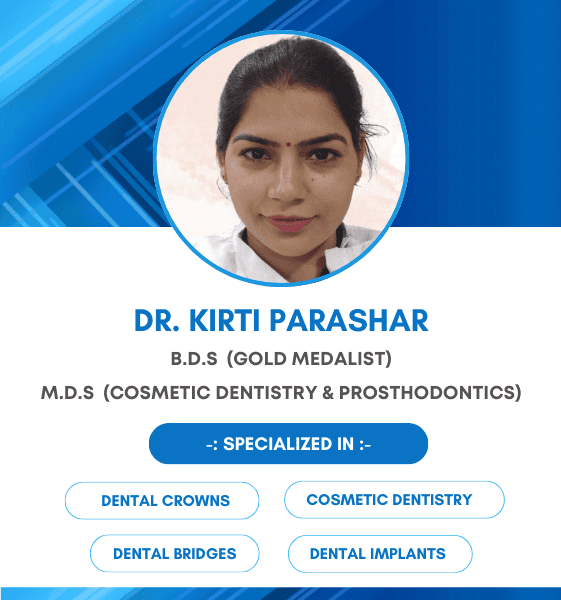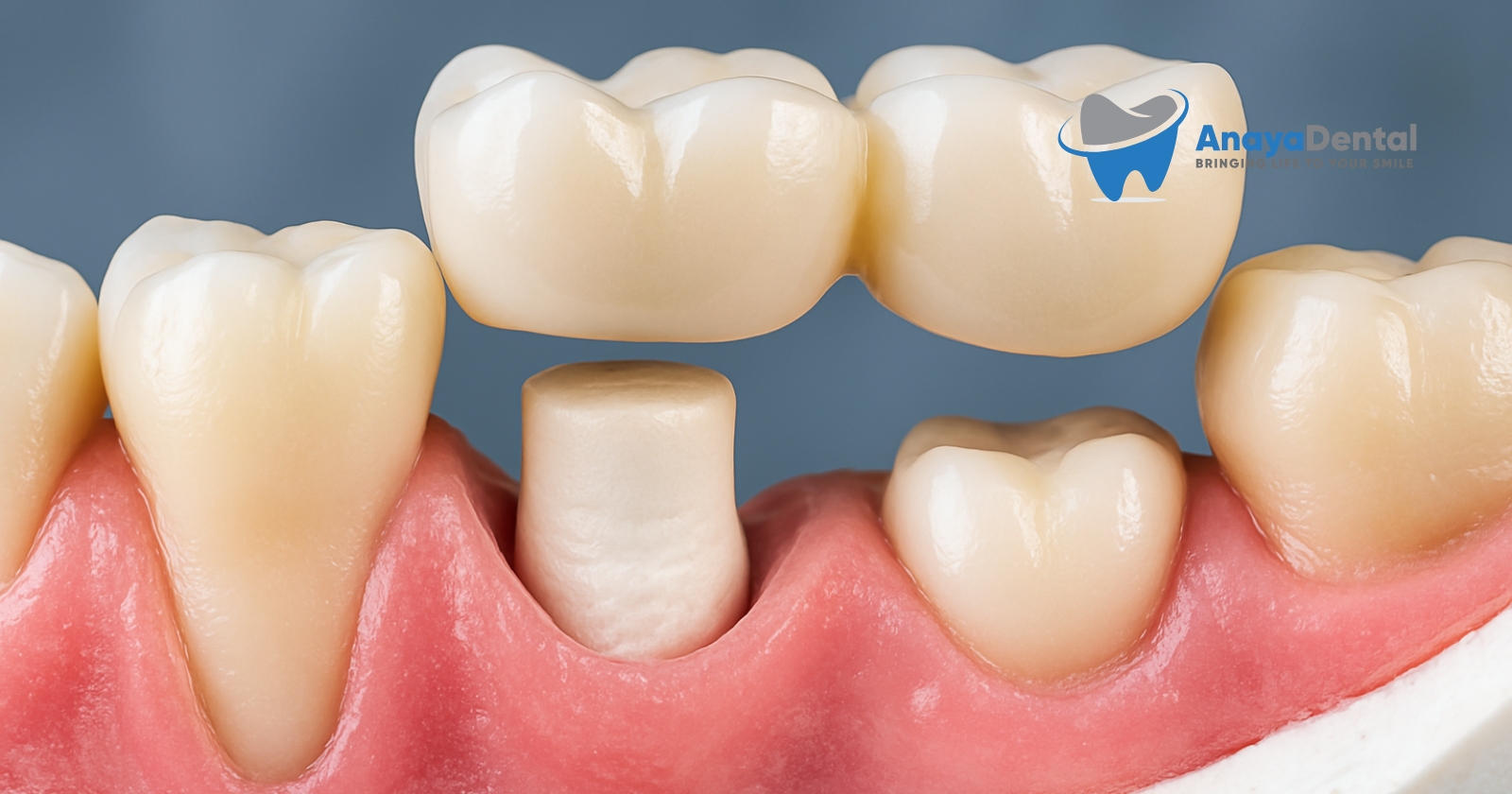Understanding the D0140 Dental Code: What It Covers and Why It’s Important
The D0140 dental code, known as a “Limited Oral Evaluation – Problem Focused,” is used by dental providers to address specific, urgent issues rather than routine check-ups. Unlike comprehensive evaluations, the D0140 exam targets a particular problem, helping diagnose and develop immediate treatment plans for patients with specific dental concerns.
What is the Purpose of the D0140 Code?
The D0140 code applies to situations where a patient presents with a particular complaint or symptom, such as tooth pain, gum swelling, or a cracked tooth. This evaluation is problem-focused, meaning the dentist’s assessment centers around diagnosing and resolving the immediate concern rather than a full-mouth examination.
Try Our Dental Calculators
What Does a D0140 Exam Include?
During a D0140 exam, the dentist addresses the specific problem through:
- Examination of the affected area: The dentist examines the area where the patient is experiencing discomfort or has noticed a change.
- Diagnostic procedures if necessary: Based on initial observations, the dentist may use X-rays, vitality tests, or other diagnostic tools to assess the extent and cause of the issue.
- Symptom management: Dentists may provide immediate relief for pain or prescribe medications like antibiotics if there’s an infection.
- Treatment planning: The dentist discusses potential treatment options with the patient, which could involve fillings, crowns, extractions, or referrals to specialists if necessary.
This targeted approach helps manage acute symptoms and creates a focused treatment plan to address the issue efficiently.
When to Use the D0140 Evaluation
The D0140 code is appropriate for patients experiencing sudden dental issues, such as:
- Toothaches or sensitivity
- Chipped or cracked teeth
- Gum inflammation or bleeding
- Concerns about oral lesions or sores
- Lost fillings or crowns
This evaluation serves as an emergency or short-term assessment to manage the specific issue rather than a complete oral health check-up.
Importance of the D0140 Exam in Dental Care
By addressing immediate problems through the D0140 code, dentists can prevent minor issues from becoming severe. For example, catching an early cavity or cracked tooth allows for a simpler treatment process compared to handling an advanced infection or tooth abscess. This code supports a proactive approach, allowing dentists to prioritize urgent care and provide patients with relief and a clear treatment path.
Insurance Coverage for D0140 Exams
Most dental insurance plans cover the D0140 code for emergency visits or problem-focused evaluations, either fully or partially. Patients should check with their insurance provider about specific coverage details, as some plans may limit the number of emergency visits within a policy year.
Patient Tips for D0140 Visits
To make the most of a D0140 appointment:
- Describe symptoms clearly: Share when the issue began, any patterns of pain, and recent changes.
- List relevant medical history: Mention recent medications, medical changes, or past dental work in the area.
- Ask about follow-up care: If further treatment is needed, discuss timelines and potential costs for transparency.
The D0140 evaluation offers a crucial avenue for prompt dental care, ensuring that specific dental issues are diagnosed and managed effectively for immediate and long-term relief.


